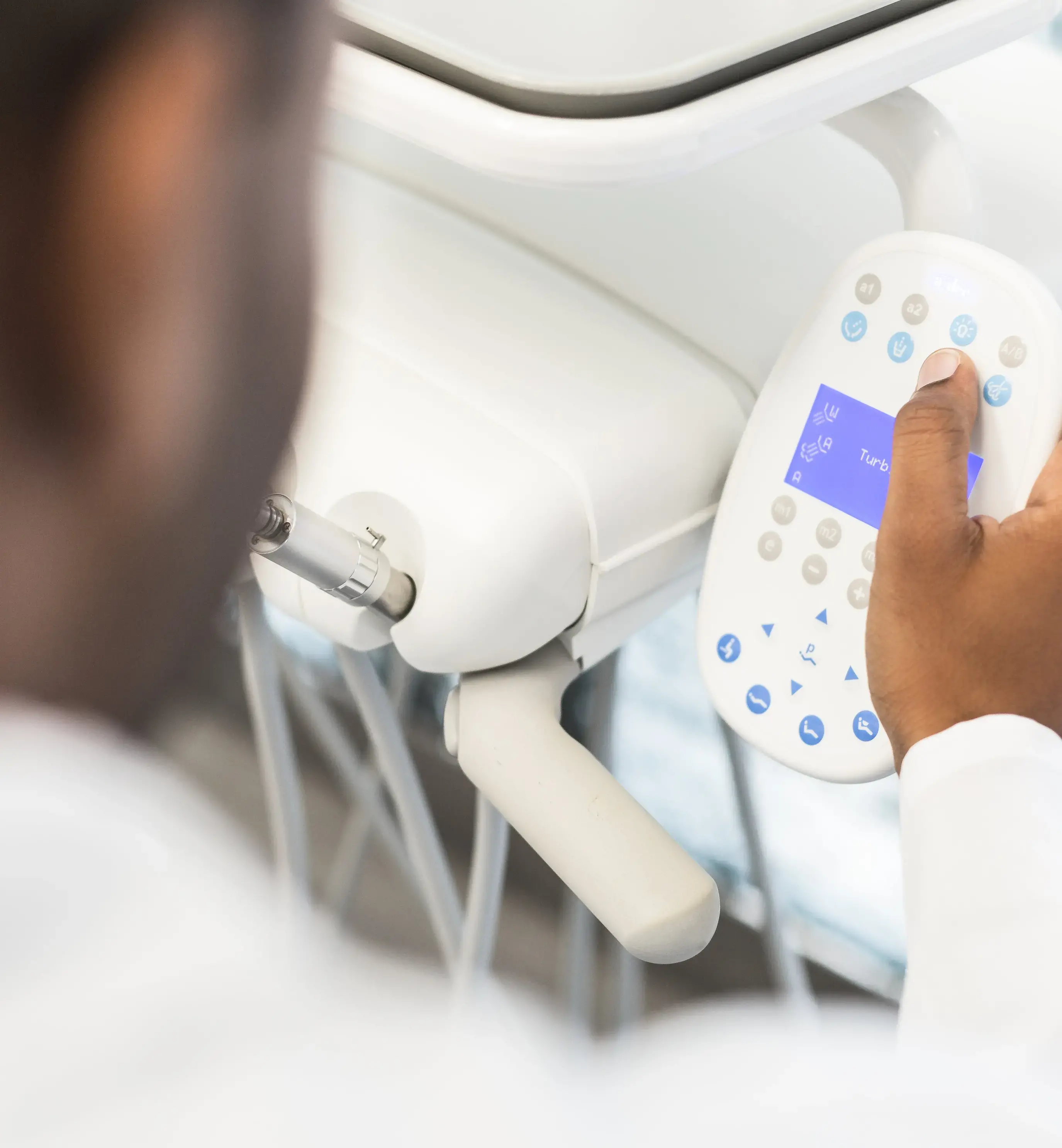
Dental Misdiagnosis Claims
Unfortunately, even dental professionals can make mistakes, and this includes a dentist failure to diagnose. For patients, this can cause immediate or long-term suffering, as treatable conditions are left unattended.
What is dental misdiagnosis?
Dental misdiagnosis, or dentist failure to diagnose, refers to a false diagnosis or misdiagnosis occurring when a dentist misjudges a dental problem, which can result in either worsening symptoms, or unnecessary treatment.
Common types of dental misdiagnosis claims
There are many different types of dental misdiagnosis, however, below are some of the most common dental misdiagnosis claims:
- Nerve injury – nerve injuries can occur as a result of dental surgeries and have many symptoms, such as pain in your jaw, cheek, forehead or eye, a burning sensation in your jaw, a lack of control of saliva and a tugging sensation in your tongue.
- Oral cancer – if an individual goes to their dentist with symptoms such as loose teeth, a lump in the mouth or difficulty swallowing, it is the duty of the dentist to investigate whether this could be caused by oral cancer.
- Dental abscess – dental abscesses can cause severe pain to an individual, with this pain worsening over time, and so it is imperative that dental abscesses are diagnosed promptly so the correct treatment can be administered.
These are just some of the common examples of dental misdiagnosis, however other instances can occur. A dedicated dental lawyer can work closely with you to review your individual circumstances and determine whether you have grounds to bring forward a failure to diagnose claim.
The difference between failure to diagnose and failure to treat
While failure to diagnose involves the misdiagnosis, or lack of diagnosis of a dental issue, failure to treat refers to the dentist not providing adequate treatment to address the problem or undertaking treatments and surgeries that are not necessary.
The two areas of dental law are closely connected, and it may be that you have suffered as a result of both of these types of dental malpractice. Indeed, if there has been a failure to diagnose your problems correctly, then the likelihood is that there has also been a failure to treat the problem as a result.
A dental negligence lawyer can help you to determine which, if any, you have suffered from, to help you put together a comprehensive case against your dental provider.
How do you sue a dentist?
If a dentist has failed to give timely treatment due to misdiagnosis, or you are unhappy with dental treatment or private dental treatment then you may have the grounds to bring a claim against your dentist.
By enlisting the help of a dental lawyer, you may be able to claim back dental costs, earn compensation and sue your dentist for the pain, suffering and financial damages caused as a result of the dental misdiagnosis.
How can Smith Partnership help with failure to diagnose claims?
The Smith Partnership dental and medical negligence solicitors can work with you to collate evidence to prove your claim, ensuing the correct documentation is present to strengthen your case.
Additionally, a dedicated dental lawyer will take over the correspondence while ensuring you are kept in the loop, reducing any emotional stresses and pressures on you as an individual during what may be a difficult time.
Contact our dental negligence team today
To find out how our expert team of dental negligence solicitors can help you, contact us today on 0330 123 1229, send us an email via info@smithpartnership.co.uk or complete our contact form.
There is no set figure for how much a claim is worth. Things that affect the value are considerations like how long you have suffered avoidable pain and symptoms for, whether you have incurred any out of pocket losses and expenses such as loss of earnings, and whether you will continue to have avoidable symptoms and/or need avoidable treatment in the future beyond the end of the claim. All of these things are different for every person, so the value of each claim differs too. For that reason the service we offer to our clients is totally bespoke and we tailor our approach to the claim based on the facts of your case rather than a ‘one-size-fits-all’ approach.
Yes. If you have received sub-standard care from your dentist that has caused you harm, then you may have a claim for compensation against the dentist(s) who treated you.





























































































































































